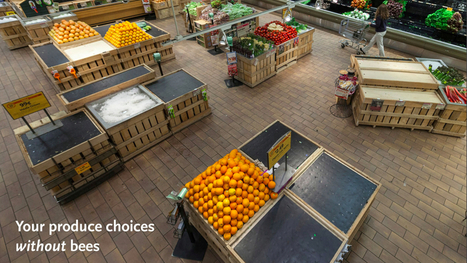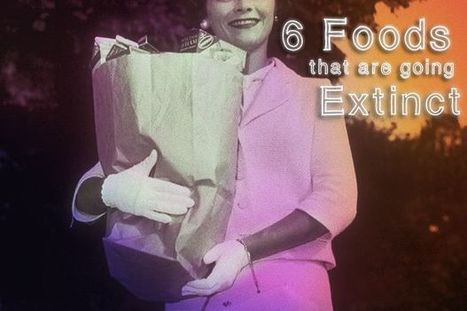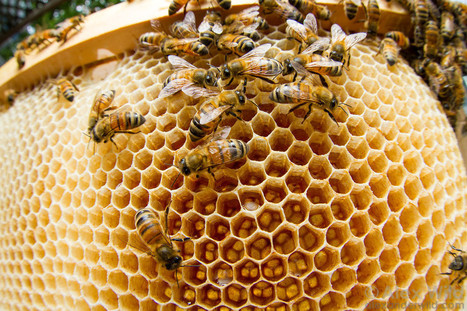Over the past decade, bee populations have been dropping, partly as a result of a disease called colony collapse disorder. This is very bad news for humans, because bees are a crucial part of the reproductive cycle of many of our favorite foods, including apples, onions, avocados, and more. This incredible data visualization shows what you'd lose if the world lost bees.
Research and publish the best content.
Get Started for FREE
Sign up with Facebook Sign up with X
I don't have a Facebook or a X account
Already have an account: Login
It's as easy to romanticize the past as it is to demonize it; instead, let's learn from it. More than living simply, more than living 'green', thrifty grandmas knew the importance of the 'economics' in Home Economics. The history of home ec, lessons in thrift, practical tips and ideas from the past focused on sustainability for families and out planet. Companion to http://www.thingsyourgrandmotherknew.com/
Curated by
Deanna Dahlsad
 Your new post is loading... Your new post is loading...
 Your new post is loading... Your new post is loading...
|
|












